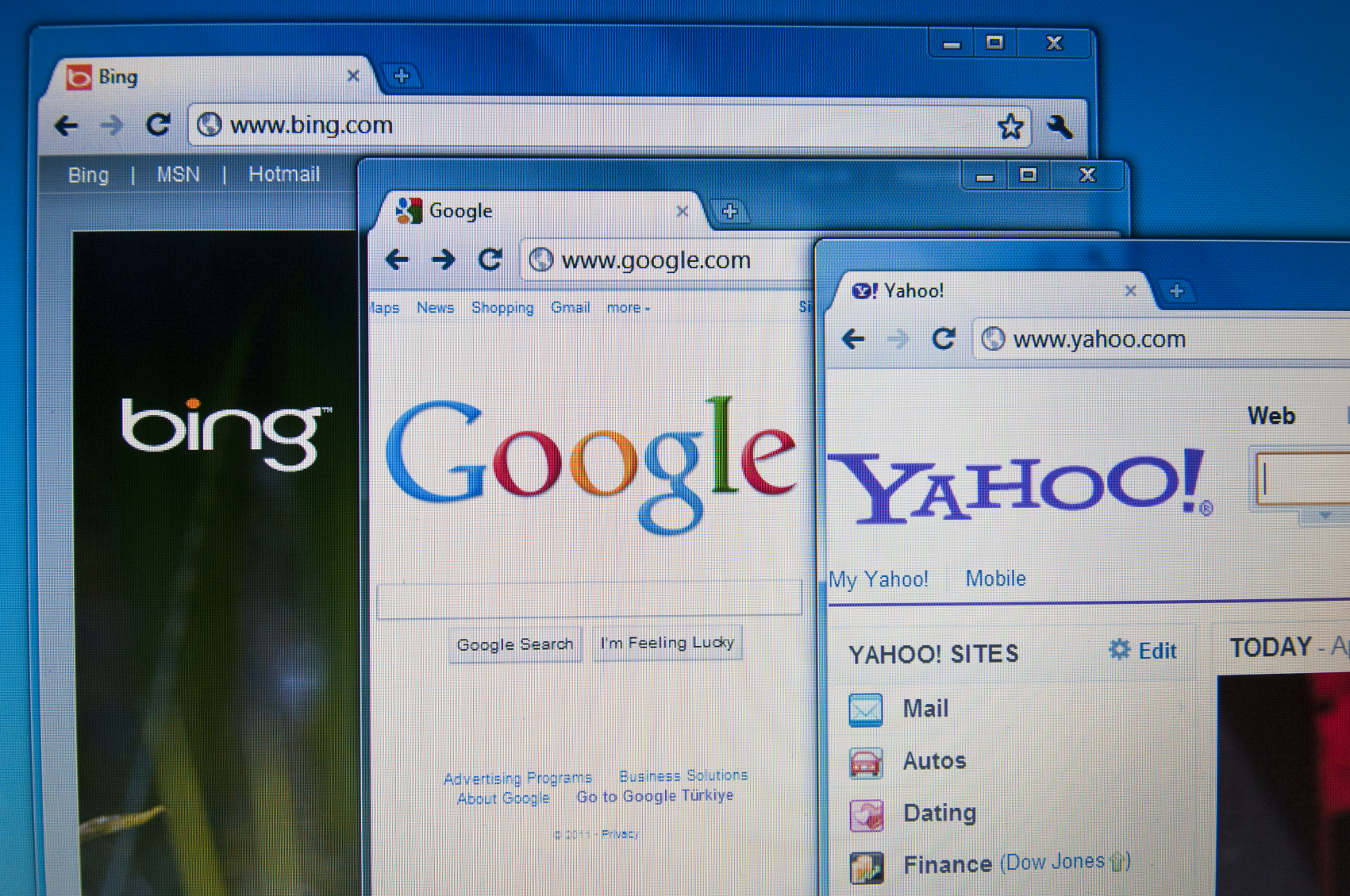Since rising in popularity over Yahoo! to become the world’s most beloved search engine, Google has comfortably held the number one spot uncontested. The California-based juggernaut is a household name, as well as a source of constant inspiration for business owners and digital pioneers alike.
But sooner or later, something has to give Google a run for its money.
For a long time, Bing was an underwhelming, unloved and unpopular alternative to Google. Considering that the word “Google” gets thrown around as a verb in daily conversation, it feels almost impossible to undo the years of social impact and innovation behind their name. How could Bing ever hope to replace Google not only in vernacular, but in popularity?
The question remains unanswered for now, but they’ve certainly been generating interesting numbers lately.
Comscore reports that Bing’s popularity grew from 7.7% of market share in September 2015 to 10.8% of market share by December 2015 (an increase of 3.1%). This figure is interesting because often times, growth rate increases with actual growth. In other words, a company can climb at breakneck speeds if it gets enough momentum.
The increase in Bing’s share indicates a decrease in their competitors’ shares. Assuming that a percentage of Bing’s new converts came from Google, Bing got more than 3.1% closer to equalling Google’s share over the span of three months. It’s not a gargantuan leap, but it’s a step in the right direction.
Bing’s been targeting Australian users specifically, counting Australia as a top-tier market. These changes in targeting coupled with the inclusion of Bing in more Microsoft products might be behind the recent jump in popularity.
For business owners, it might be worthwhile giving Bing ads a shot as part of your marketing strategy. AdWords, like Google, has always been the go-to tool—but if Bing’s rising in popularity, so is the scope of its outreach. If the timing is right, you could strike marketing gold.
Does Bing really have a chance at a decent share of the market? How can they catch up to, or even overcome, Google?




